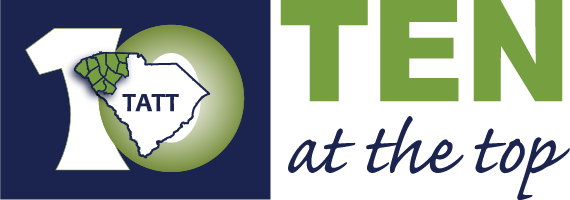
Michael Nail, Associate—Ogletree, Deakins, Nash, Smoak & Stewart, P.C.
Data suggests the potential for a wave of employment litigation springing from the pandemic. At this early stage, it is difficult to fully anticipate all the types of claims that may be brought by employees and how those claims will be handled by courts or administrative agencies. Through June 2020, a review of national court filings reveals numerous employment lawsuits based on COVID-19–related claims.
A survey of South Carolina court filings also reveals a variety of employment-related lawsuits based on COVID-19–related claims that fall into the broad categories of FMLA/FFCRA interference/retaliation, wage and hour violations, retaliation/wrongful discharge, discrimination, and unsafe working conditions.
Thus far, the most common claims relate to safety in the workplace and retaliation. Many of the related claims overlap and allege complaints about reports of unsafe workplaces and adverse action resulting therefrom.
Given that the foregoing summary derives from filings during a timeframe in which most states, including South Carolina, had some version of a “shelter-in-place” or “stay-at-home” order, and many employers were either not operating or only partially operating, it is likely that these types of lawsuits will increase dramatically in the coming months.
Can Employers Utilize Any Liability Shields?
Policymakers have been pushing for immunity legislation at the federal level, but implementation remains uncertain.
No such legislation has been implemented in South Carolina, but legislation has been proposed. On June 24, 2020, the “South Carolina COVID-19 Liability Safe Harbor Act” (“Safe Harbor Act”) was introduced in the House of Representatives (H. 5527).
The Safe Harbor Act would provide liability protections for a broad class of businesses and government entities (acting in their capacities as employers and otherwise) (“Covered Entity”) that reasonably adhere to “Public Health Guidance” (as defined in the Safe Harbor Act) in effect at the time of the alleged conduct giving rise to a “Coronavirus Claim.” The Safe Harbor Act defines “Coronavirus Claim” as any cause of action that is related to any actual, alleged, or feared exposure to or contraction of Coronavirus from:
- the premises of a Covered Entity;
- the operations, products, or services provided on or off premises of a Covered Entity;
- the acts or omissions of a Covered Individual or Covered Entity, to include the delay or withholding of medical care; and
- efforts to prevent or delay the spread of the Coronavirus, to include making precautionary equipment or supplies such as personal protective equipment.
The safe harbor would not apply if a claimant were to prove by clear and convincing evidence that the Covered Entity or Covered Individual caused the injury or damage (1) through knowingly reckless, willful, or intentional misconduct; or (2) by failing to make any attempt to adhere to public health guidance. Observers expect the General Assembly to revisit the proposed law in mid-September.
Other states already have implemented temporary liability protections for employers, and legislation is pending in others. While these laws vary from state to state, the common theme is to protect employers from tort liability if they comply with applicable safety guidance.
Does the Workers’ Compensation Bar Apply?
Some states have enacted special COVID-19 workers’ compensation legislation or are considering COVID-19 amendments to their workers’ compensation laws. The new laws in many states would create a presumption that employees who contracted COVID-19 did so at work. These changes essentially shift the burden of liability from businesses to the state or create a hybrid solution.
South Carolina has similar legislation pending (HB 5482) in response to the pandemic that would create a workers’ compensation presumption. Specifically, South Carolina’s law would create an easier path for first responders, health care providers and correctional officers who contract COVID-19 to obtain workers’ compensation benefits.
Should the new law become enacted in its current form, it would almost certainly ensure that a tort claim asserted by a covered employee for exposure to COVID-19 at work would be barred by the workers’ compensation exclusivity doctrine, absent an exception to the bar, such as a deliberate intent to harm.
